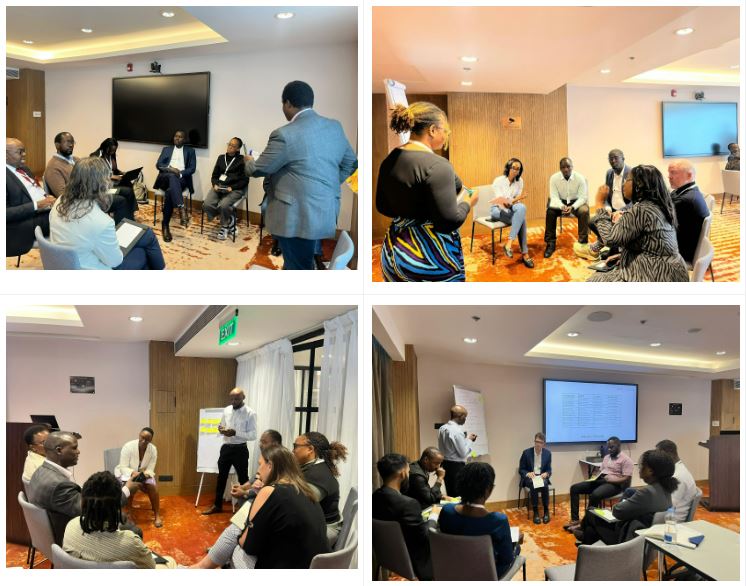Project Outcomes
ASME, through a three-year research project funded by The Lemelson Foundation, aims to enhance its support for social innovation and expand the infrastructure for hardware technology that addresses social challenges. This 2024 project forms a larger research framework, with year one dedicated to assessing ecosystem needs, year two focusing on validating and piloting solutions, and year three aiming to scale successful strategies. 2023-2024 marked Year 1 of this initiative, with the specific objective of assessing the needs for ecosystem strengthening in East Africa. The roundtable discussion, held on June 19, 2024, in Nairobi, Kenya, was an integral part of this broader effort to build a robust ecosystem for hardware innovation.
The roundtable discussion brought together stakeholders from various sectors, including Entrepreneurs, Entrepreneur Support Organizations (ESOs), Funders, and Manufacturing & Industry partners. During the event, breakout sessions were held to gather insights, where participants identified and discussed the most pressing challenges in hardware development, commercialization, and scaling within Kenya’s social entrepreneurship ecosystem. Key issues raised included limited access to funding, inadequate infrastructure, regulatory hurdles, and the need for enhanced collaboration and knowledge sharing among stakeholders.
This approach allowed us to identify key areas where ASME can offer targeted support to address these challenges and develop programs that strengthen the ecosystem. Key initiatives proposed include enhancing access to manufacturing infrastructure through infrastructure grants and shared equipment programs, facilitating technical training, online business support services, and regulatory databases. Emphasis is also placed on fostering networking and mentorship, enhancing access to finance via crowdfunding, and promoting market access through partnerships and trade fairs. The criteria for prioritizing these initiatives focused on their impact, feasibility, cost, implementation time, scalability, alignment with ASME’s capabilities, stakeholder support, and long-term sustainability. These recommendations and preliminary prioritization criteria lay the groundwork for piloting and validating solutions in 2025 and 2026.

ISHOW Kenya Roundtable Session held on June 19, 2024 (Pictures taken by, Nancy Wangari)
